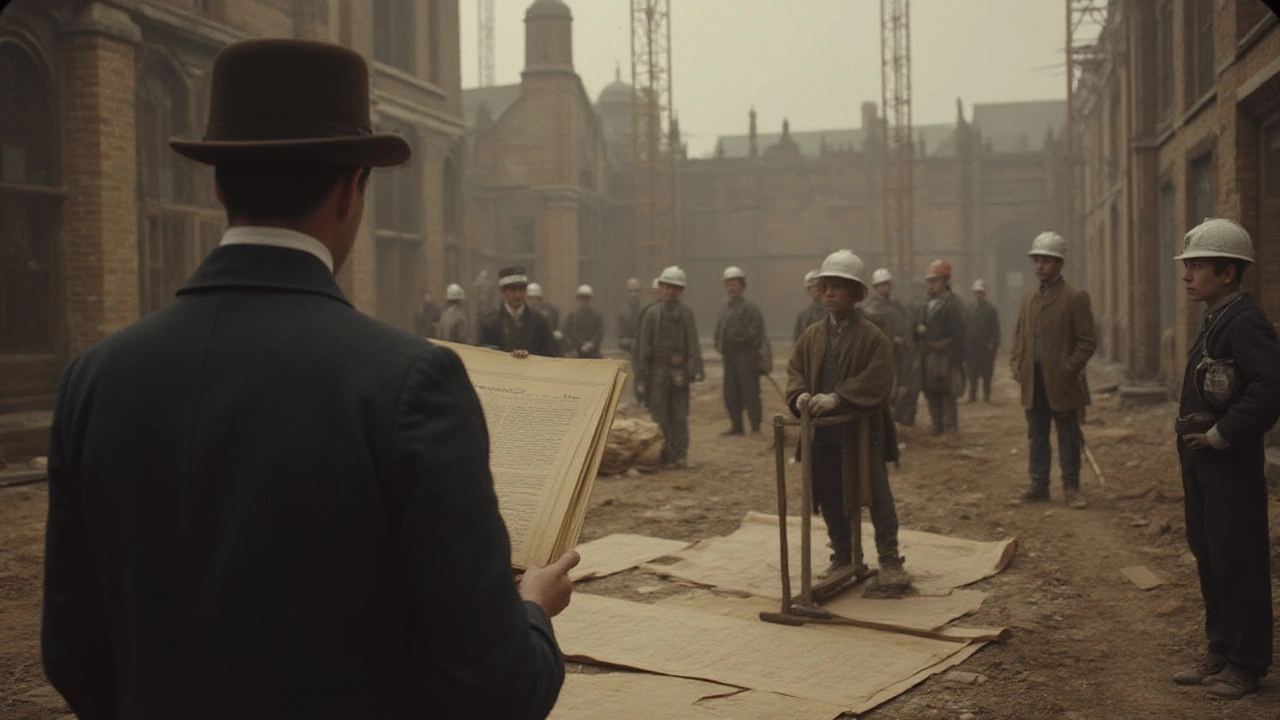Contractor Resources: Practical Guides for Builders and Homeowners
If you’re looking at a home extension, a new garden room, or any building work, the word ‘contractor’ pops up everywhere. Knowing what to expect from a contractor can save you time, money, and stress. Below you’ll find quick, down‑to‑earth advice that covers everything from picking the right team to dealing with common site hiccups.
Choosing the Right Contractor
First things first – don’t hire the first name you see on a Google search. Start by asking friends, neighbours or local trade bodies for recommendations. A contractor with a solid local reputation will know the quirks of UK planning rules and the best suppliers in your area.
Ask for at least three written quotes. A good quote breaks down labour, materials, and any extra costs like permits or waste removal. If one quote looks suspiciously low, it probably is. Cheap work often means corners cut, which can lead to bigger problems later.
Check credentials. Look for a valid CSCS card, insurance, and, if the job is big, a register with the Federation of Master Builders. A contractor who can show you proof of insurance protects you from costly accidents on site.
Finally, trust your gut. A contractor who communicates clearly, answers questions without jargon, and visits the site promptly is a sign they’ll be reliable throughout the project.
Common Contractor Challenges and How to Handle Them
Even the best contractors hit snags. Weather delays, unexpected ground conditions, or supply shortages can push a schedule back. The trick is to have a clear contract that outlines how changes are managed and how extra costs are approved.
Keep a simple daily log. Write down what was done, any issues that came up, and who was on site. This record becomes handy if you need to settle a dispute later on.
If a deadline is missed, ask for a revised timeline and a plan to catch up. Most contractors will have a contingency plan, but they need to know you expect transparency.
When it comes to payments, follow the 10‑10‑80 rule: pay 10 % up front, 10 % on midway completion, and the final 80 % after a thorough hand‑over inspection. This keeps the contractor motivated while protecting your cash flow.
Lastly, don’t ignore the small stuff. Loose plaster, uneven tiles, or squeaky doors might seem minor, but they can hint at larger issues like settlement or structural movement. Flag them early and ask the contractor to fix them before the project wraps up.
Our tag page collects articles that dig deeper into these topics – from foundation crack sizing to the best cement for repairs. Browse the list below, click the titles that match your current concern, and get step‑by‑step guidance written for UK homeowners.
Whether you’re a first‑time builder or a seasoned DIYer, having the right contractor knowledge makes every project smoother. Use the tips above, read the linked articles, and you’ll be better equipped to turn your construction plans into reality without unnecessary hassle.


